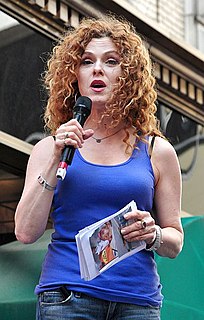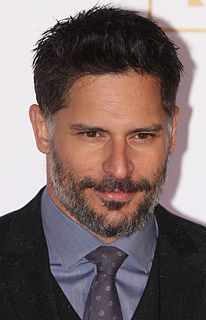A Quote by Peter Orner
I think that maybe happy families don't need stories the way unhappy families need stories. Maybe they're too busy living that they don't actually step back and talk about life like the Anton Chekhov quote. I prefer Anton Chekhov to Lev Tolstoy, and the reason is because of what he leaves out. Sometimes I think Tolstoy had a theory that he was proving and he proved it. Chekhov is more ambiguous.
Related Quotes
I really like the stuff that is very absurd and very real at the same time. I think Anton Chekhov is the greatest comedy writer of all time. I think he would make a great addition to The Office staff. If you look through Chekhov plays there is a lot of awkward pauses in there. His mixture of pathos, absurdity, truthfulness and whimsy is just mixed together perfectly.
There's a great Anton Chekhov quote. He says, "The Russian loves recalling life, but he does not love living." That scene has always been something that I have held dear. When something happens, the first thing you want to do is tell it. That's almost more exciting. It's almost simultaneous with the experience; you are already telling something incredible while it's happening. The stories that everybody carries around and repeats, I am really interested in that.
Gordie, the white boy genius, gave me this book by a Russian dude named Tolstoy, who wrote, 'Happy families are all alike; every unhappy family is unhappy in its own way.' Well, I hate to argue with a Russian genius, but Tolstoy didn't know Indians, and he didn't know that all Indian families are unhappy for the same exact reasons: the frikkin' booze.
Chekhov's stories are about the moment that a life goes off the rails and the price that will be paid - forever. That's a typical Chekhov story for you. Something that you're used to lying in bed worrying about at four in the morning, before you have the psychic defenses to kid yourself and tell yourself to get up and shower and go to the office.
I wouldn't recommend it, because art school is a funny business. Yes, if you can find a situation where they'll give you money to live at the school and do whatever you want and pay for all your materials, if you're a painter or maybe a filmmaker, do it. But acting should be the most fun thing in the world; you're surrounded by other people who are as obsessed with Anton Chekhov as you are.
In my teaching, I try to expose my students to the widest range of aesthetic possibilities, so I'll offer them stories from Anton Chekhov to Denis Johnson, from Flannery O'Connor to A.M. Homes, and perhaps investigating all that strange variation of beauty has rubbed off on me. Or perhaps that's why I enjoy teaching literature.




































